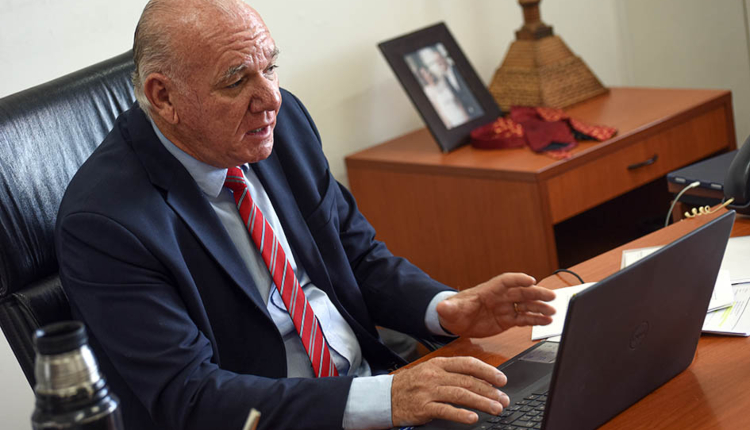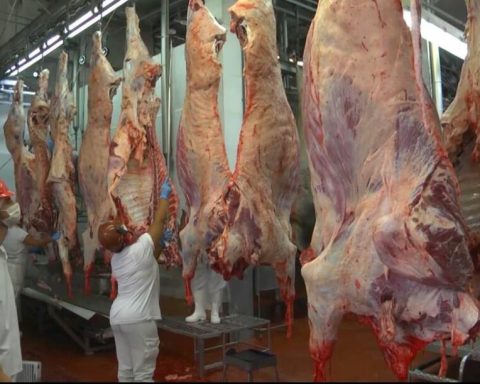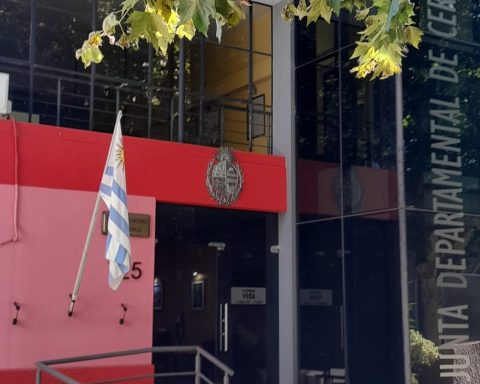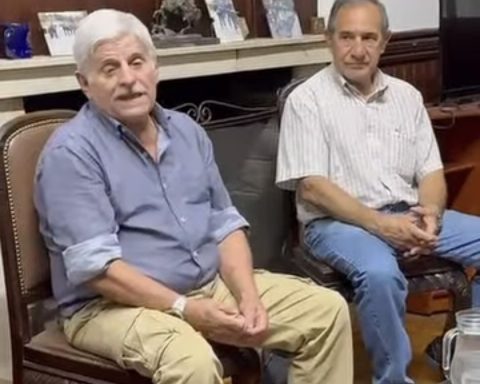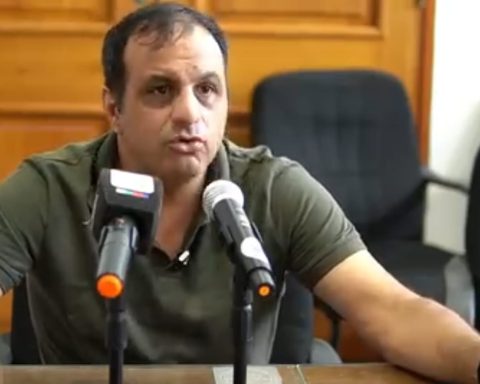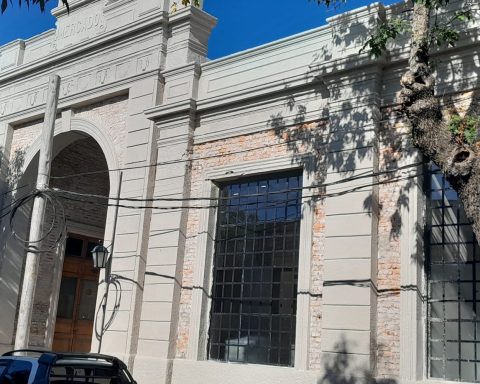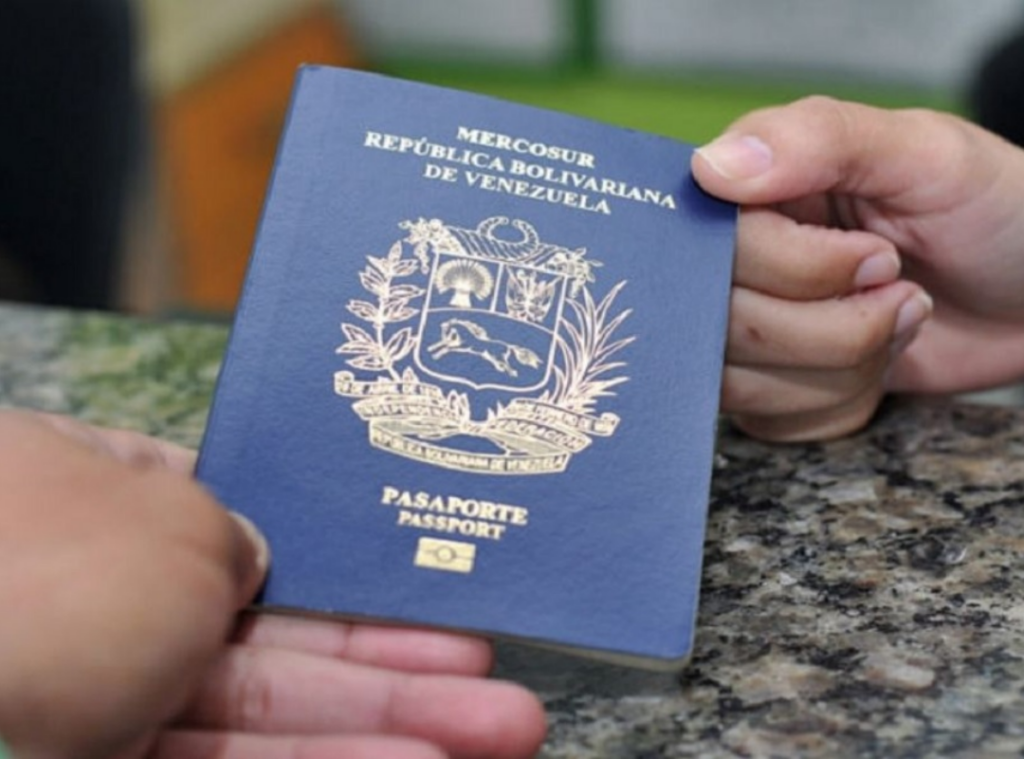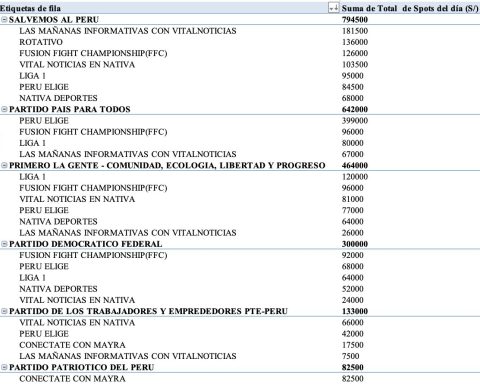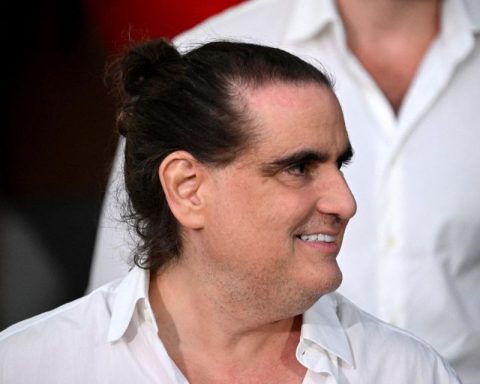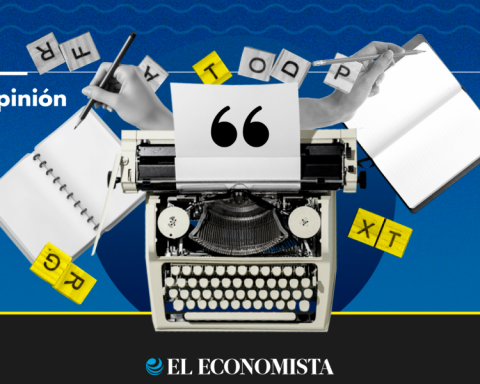The interim Minister of Industry, Energy and Mining, Walter Verri, participated in the international and virtual event Ambición América Latina where he explained that Uruguay is projected as a hydrogen exporting country by the year 2030 and explained the strategies that are being developed to consolidate these plans and to decarbonise transport and industry.
In his participation, Verri argued that, within the framework of the different energy transitions that the world has experienced, the one that is going through today is “driven by environmental reasons, which is very good.” “We all agree and share it. It implies a radical change”, he affirmed.
He recalled that the countries have assumed the commitment to be carbon neutral by 2050, so it is necessary to implement measures to mitigate and adapt to climate change. He added that today the world has an energy matrix with 80% fossil fuels. This accentuates the importance of the progress that each country can achieve to reverse this situation.
Verri explained that Uruguay has a long history in terms of renewable energies. In the 21st century, he ratified his commitment to sustainability by incorporating non-conventional renewable energies in the first energy transition. That in 2010 it had the approval of all the parties with parliamentary representation.
He also highlighted the role of private companies in this process, and said that milestones were achieved thanks to it. As the evaluation of the resources available to the country; appropriate regulatory adjustments to the new system; obtaining permits and licenses; development of a learning curve; and definition of conditions to attract investment.
Second energy transition
Verri also explained that “Uruguay is moving towards what we call the second energy transition.” Constituted, on the one hand, by the decarbonisation of both the main source of emissions, transport, and industry.
The hierarch pointed out that progress is being made towards electric mobility with incentives. That include an extensive network of chargers, differential rates for overnight charging and tax-free vehicle imports. “We seek to make a technology that still has differences with that based on fossil fuels more competitive,” he said.
Likewise, Verri explained that the second component of the second energy transition is the production of green hydrogen. To consolidate it, the inter-institutional green hydrogen roadmap was launched, which will allow the generation of green energy for both heavy transport and industry, with the aim of decarbonizing it.
“Uruguay is positioned on the world map as a country that is a net exporter of hydrogen,” said Verri. Who reported that the projections place our country in second place in the region by 2030.
The chief said that the main part of the roadmap is a pilot that “will allow us to acquire knowledge and develop capacities,” based on a State subsidy and private investment. In fact, private projects are already being developed, thanks to Uruguay’s excellent infrastructure conditions and political stability, he added. Among them, there is a methanol production project, Verri exemplified. “We have an adequate country framework to attract investments,” assured the chief in this international event.
